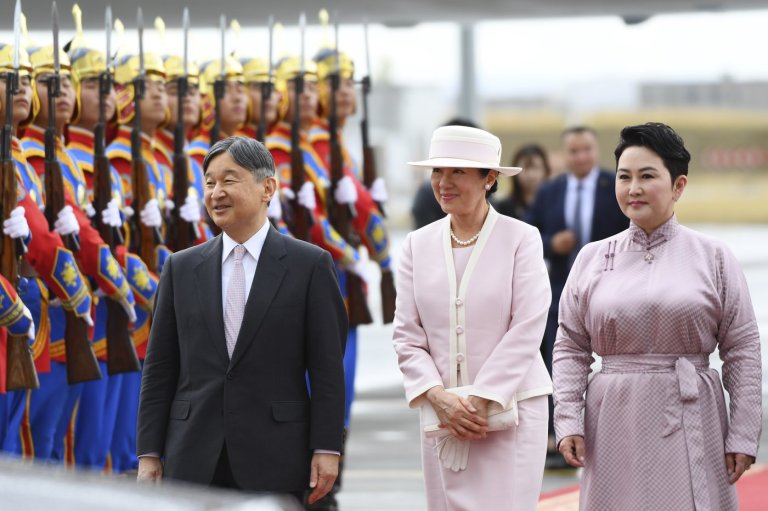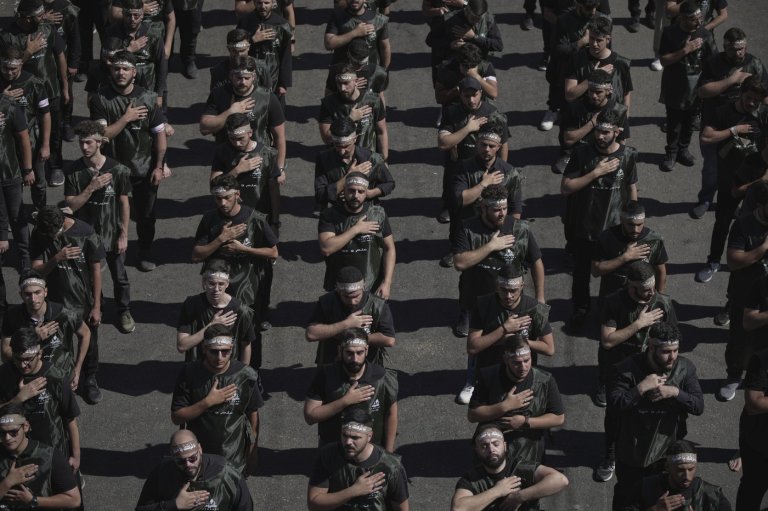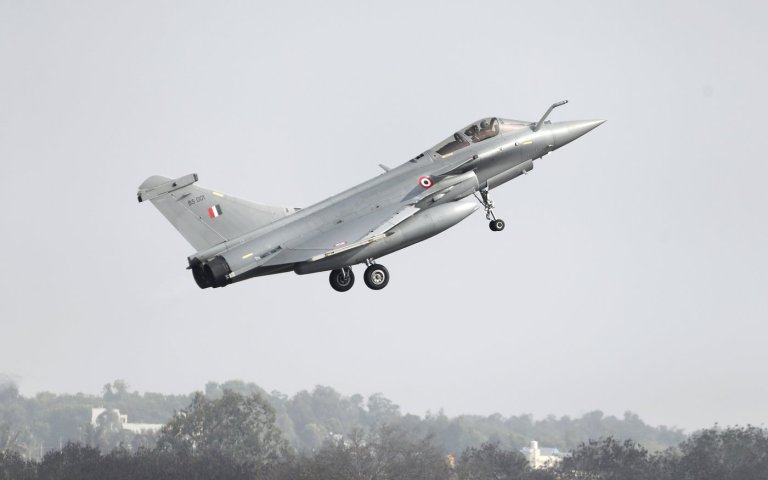Egypt’s press union head receives 2 years in prison
CAIRO – An Egyptian court on Saturday sentenced the head of the journalists’ union and two of its board members to two years in prison and a 10,000 pounds (around $650) fine each for harbouring two wanted journalists.
The ruling against Yahia Qalash, the head of Egypt’s press union, and board members Khaled el-Balshy and Gamal Abdel-Rahem, comes after a seven-month trial.
The Committee to Protect Journalists condemned the conviction, saying the ruling is a “punishment” and called upon authorities to ensure that journalists work without “fear of reprisal.”
The case goes back to April when the security forces raided the syndicate to arrest two journalists, who were wanted over protests against the president’s decision to transfer Egyptian sovereignty of two strategic Red Sea islands to Saudi Arabia.
The move infuriated journalists. They staged protests and demanded the interior minister’s resignation, as well as a presidential apology. Instead, Qalash and two others were detained and charged for harbouring the wanted men inside the press syndicate building.
Following the verdict, heavy security forces were deployed to the headquarters of the syndicate in downtown Cairo, amid calls for protests. Later in the day, dozens of journalists staged a sit-in outside the syndicate and chanted slogans, such as: “Are we in a state or a jungle?”
Courts have since struck down and annulled el-Sissi’s decision to transfer the islands to Saudi Arabia.
Also on Saturday, a Giza Court sentenced in absentia three TV presenters to three years in prison each, on charges of spreading false news, disturbing public safety, and inciting sectarian tension. The three TV hosts, Mohammed Nasser, Moatz Matar, and Hisham Abdullah, are vocal el-Sissi critics and believed to be pro-Islamist. Their TV shows appear on el-Sharq network, which is said to be financed by Qatar and aired from Turkey. Turkey and Qatar are rivals of Egypt’s el-Sissi, giving refuge to leaders and members of the now-banned Muslim Brotherhood group, from which ousted President Morsi hails.
The crackdown on press and speech freedoms intensified under Egypt’s President Abdel-Fattah el-Sissi, who led the military ouster of the Islamist President Mohammed Morsi.
Many journalists and TV hosts were banned from appearing on TV, deported, or had their shows cancelled. Reporters and photographers were arrested, detained, and tried over alleged links to Islamists. El-Sissi has been intolerant of criticism in the press and repeatedly said that stability and national security were a prerequisite for democracy.
Defendants tried in absentia in Egypt typically receive maximum penalties, but receive an automatic retrial usually ending with lighter sentences if they turn themselves in.
Join the Conversation!
Want to share your thoughts, add context, or connect with others in your community? Create a free account to comment on stories, ask questions, and join meaningful discussions on our new site.












Leave a Reply
You must be logged in to post a comment.